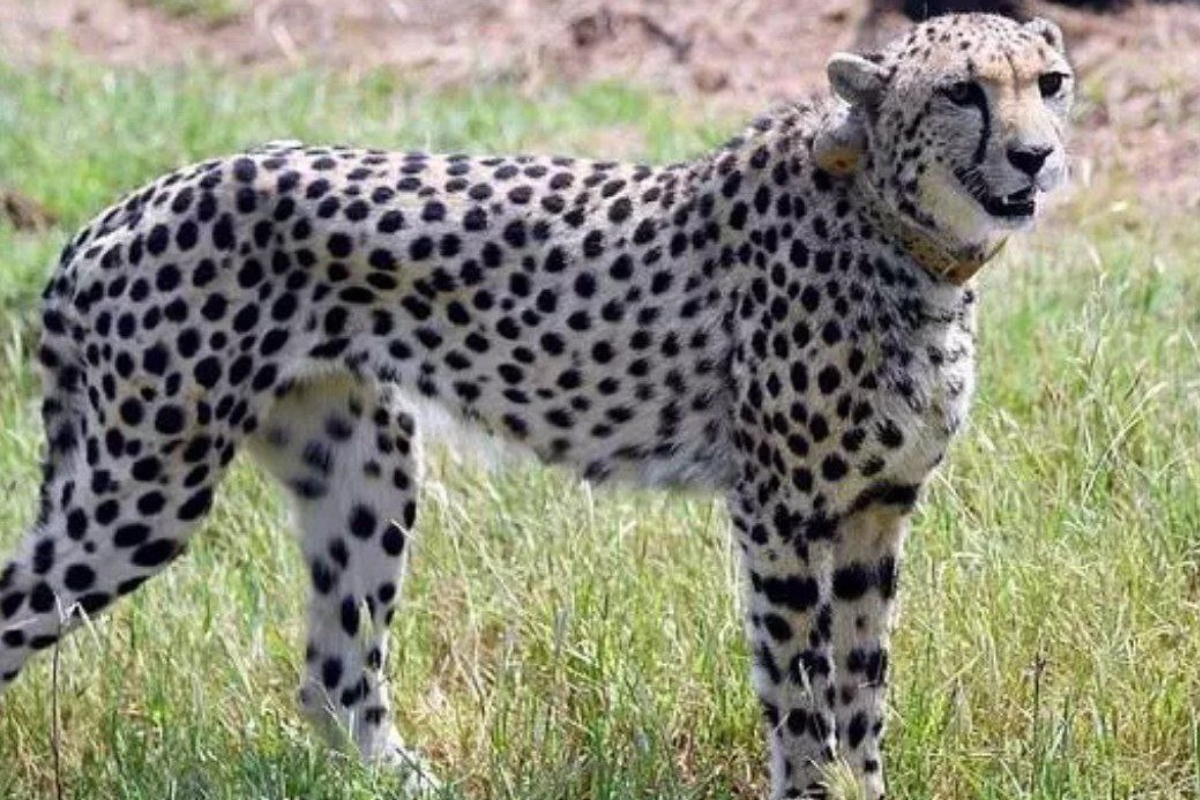Months after they were introduced with much fanfare, the death of the second African cheetah in Madhya Pradesh’s Kuno National Park is causing a pall of gloom among wildlife experts.
The death of ‘Uday’, a male cheetah brought from South Africa, is the second such death of the African leopards at the park. Earlier in March, a female cheetah, ‘Sasha’, which was brought from Namibia, was found dead in her cubicle.
The two deaths are seen as a major setback to India’s hope to revive the cheetah population in the country. The deaths also saw wildlife experts asking questions about fitness, stress or a lack of transparency.
While the report of the death of ‘Uday’ was not made public, a forest official told The New Indian that the cause of the death was cardiopulmonary failure as per the preliminary assessment.
Talking to The New Indian, renowned wildlife activist Ajay Dubey said, “Project Cheetah needs a dedicated wildlife officer to monitor the overall conditions of the cheetah. I hope the government will look into it.”
“The government needs to bring to light if there is any error in the project with respect to transparency to save other cheetahs,” he added.
Interestingly, the officer posted in charge of Project Cheetah holds two more responsibilities.
The intercontinental ‘Project Cheetah’ aims to revive the leopard population in the country with the introduction of a small population of African cheetahs.
Dubey also suggested that stress might be one of the reasons behind the deaths of African cheetahs.
“Cheetahs brought from Namibia and Africa have been kept in captivity. Cheetahs are the most sensitive members of the cat family. Wildlife experts of the government are not able to identify how to manage it,” Dubey said, suggesting being in captivity might have resulted in stress for the leopards.
While there are talks regarding the relocation of leopards to Rajasthan, Dubey warned that it has to be done following all standard protocols.
“There are talks about sending three cheetahs to Rajasthan’s Darrah in the Mukundara Hills tiger reserve,” Dubey said. “It’s good because if any contiguous disease or any such thing happens in one place, then cheetahs in another place will be safe,” he added.
“However, the entire thing has to be done as per the wildlife protocol standard, else it would not prove helpful or beneficial,” he added.
Talking about the importance of Project Cheetah, Dubey said, “If the project becomes successful, then it would benefit the local economy also.”

